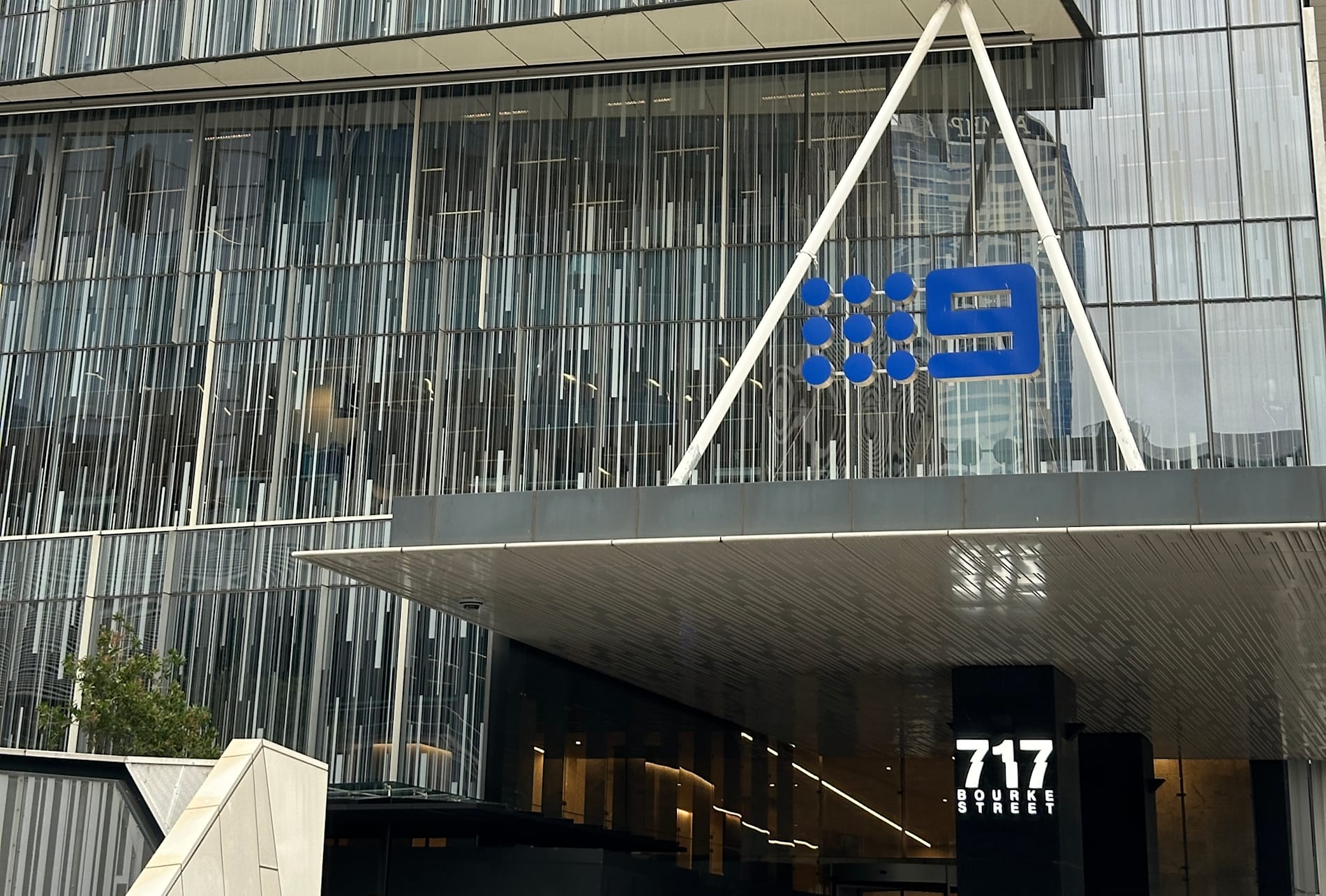

News, As It Happens was the title of my first-year journalism class textbook and, three years later, it captured the essence of my week-long internship at Channel Nine Melbourne.
As a first-generation Australian who has lived in my parents' home country of China for 14 years, I am always hoping to expand my knowledge of the world, and to gain a deeper understanding of western culture. Journalism is a career that I believe will fulfil my wish.
Not only did the internship offer me an experience of day-to-day life as a journalist, but I also saw the socio-economic difference between the north-western and south-eastern suburbs by attending press conferences held by MPs. The locations of where the incumbent politicians make their announcements reflect the party’s agenda and is a strategically tasked mission to convince voters. From Coburg to Caulfield South, and Docklands to State Parliament, I was constantly on the move in the news car, gathering information and talking to people.
It was Easter Monday morning when I arrived at the Channel Nine building in Docklands. Julia Passarelli, who had been a MOJO News reporter and is now the assistant to the chief of staff, walked me to the office. I was about to begin an introduction to political reporting by attending press conferences, one after another, in the coming days.
Many successful journalists have said journalism is a ticket to a front-row seat in history. As I sat in the front row at the state coalition’s media centre, I knew it was as close as I was allowed to get to decision-makers who help shape the legislation we live by, and ask them questions.
It was that moment I realised the importance of a journalist’s job: the commitment journalists make for a healthy functioning democracy, to present the information in an informative and objective way, to allow individuals to make critical decisions in their lives. Being a journalist gives us access to privileged information which we have a responsibility to use accurately and informatively.
On the first day, I attended a light-hearted media announcement held by the state’s Employment Minister, Vikki Ward, for Easter kids’ activity in Federation Square. It wasn’t the content of her speech in which I was most interested, but in observing the ways journalists deal with politicians, their staff and reporters from other networks. It was the first time I witnessed very closely how politicians perform in front of cameras to disseminate their messages.

Excitement flashed through my heart on the morning of the second day of my internship when I was told “you will meet the Premier today” by Nine's chief of staff. Then, there I was, standing in the media room of Epping Hospital, ready to observe Victorian Premier Jacinta Allan during her announcement that five women’s clinics were opening.
“You are going to record a live cross after the conference,” Nine’s state political reporter Mark Santomartino said. I snapped to attention. When the journalists were given the press release, Mark, just by a little glance at the paper, told me the newsworthiness of the story — the Premier was delivering on an election promise. He talked me through the writing structure I needed, and I set to work.
As renowned former ABC 7.30 anchor Leigh Sales wrote in her book, Storyteller, the opportunities for the new generation of journalists to learn the core skills of storytelling are dwindling. The expansion of the internet in the past two decades has challenged the traditional role news plays in society. News from traditional media — print, radio and television — is no longer the only source of information.
I was fortunate to have shadowed Mark, a constructive “teacher” who from the first day explained to me the tasks required of a journalist to put a story together, ready for that night’s TV news bulletin. He walked me through, step by step, and under his guidance I did my own version of two stories he was assigned. It was certainly enriching. He subedited my script, gave me feedback and helped me to learn more of the craft of journalism.
On my third day, I was sent out solo to report on Victoria’s largest build-to-rent development in Fishermans Bend. I arrived on the construction site with the cameraman, put on the helmet and a vest, and walked to an elevator. When I got to the top floor, viewing the broad sweep of Melbourne, I thought, Wow, this is where journalism can take me. It was a windy day standing on the roof top. People were congregating to hear Planning Minister Sonya Kilkenny speak on Labor’s promise to deliver 800,000 new homes in the next decade.
It was those moments, waiting for politicians to front the camera, standing in the wind to listen to them, and travelling in the car from one place to another, that I really felt I was a journalist.
As Leigh Sales said, journalism is, ultimately, a trade where 95 per cent of skills are learned on the job.